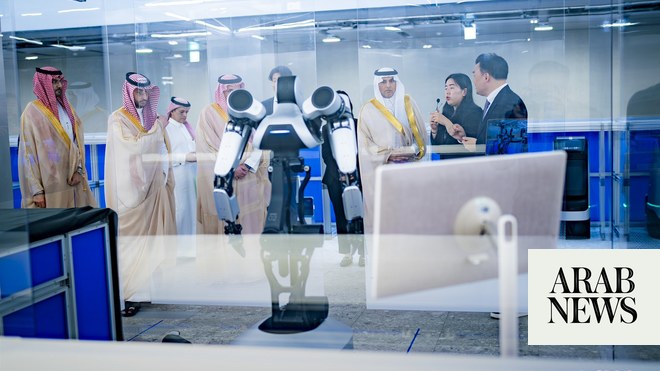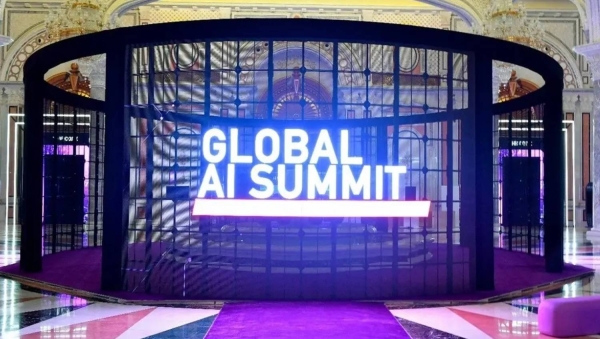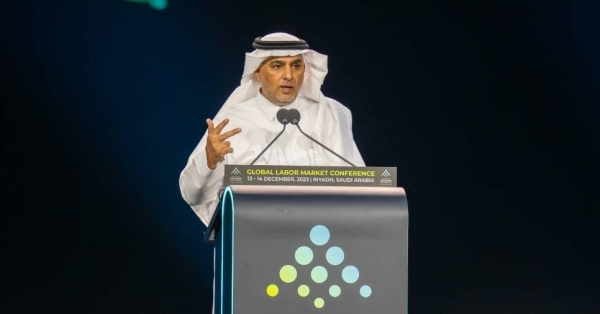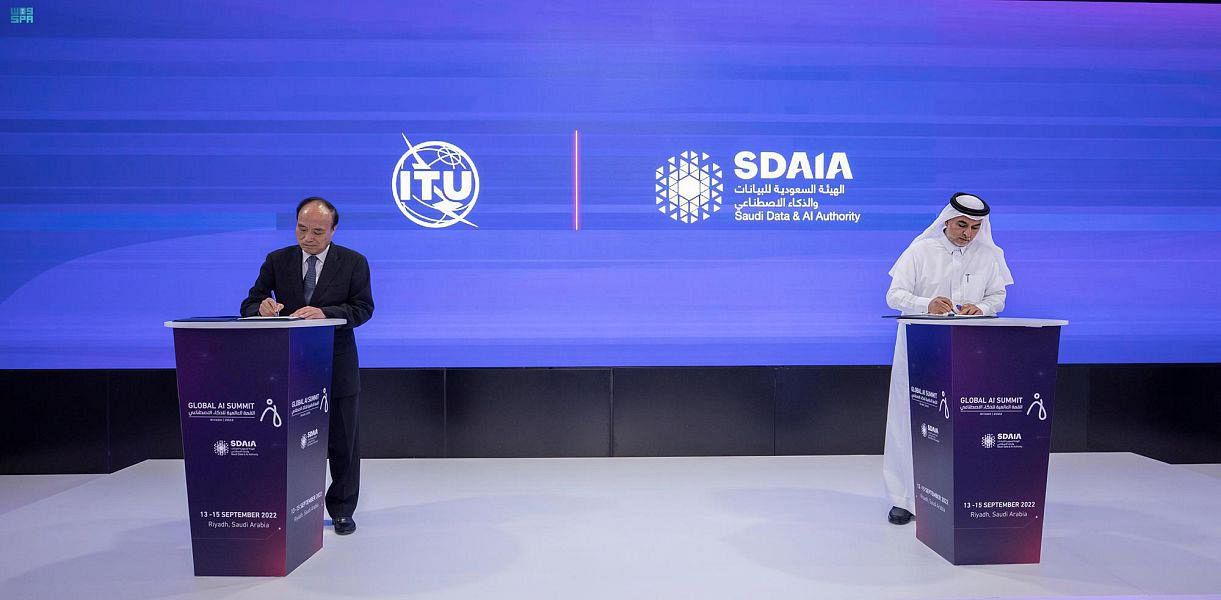
RIYADH: The chief of Saudi Arabia’s artificial intelligence authority took part in a top-level summit on AI held in South Korea from May 21-22.
Co-hosted by South Korea and the UK, the summit focused on international cooperation in data and AI, as well as preparations for the third edition of the Global AI Summit, hosted in Riyadh by the Saudi Data and AI Authority in September.
The authority’s president, Abdullah bin Sharaf Al-Ghamdi, in a roundtable discussion at the Seoul summit, said that AI technologies will “experience significant developments” that will result in more efficient and scalable models capable of handling a wider range of tasks.
He highlighted the significance of open-source AI, which fuels innovation and reshapes the technological landscape. A goal of the summit was to explore the transformative potential of open-source AI and open-access databases, he added.
“Open-source AI has the capability to add flexible character to technology, making advanced tools and algorithms accessible to a broad spectrum of creators, such as large companies and individual developers,” Al-Ghamdi said.
This inclusivity accelerates technological advancement through collaboration and ensures a level of transparency in the digital age, Al-Ghamdi added, calling for robust governance frameworks, international cooperation and continuous public awareness efforts to mitigate risks.
Governments require strategies that balance the need for open-source databases to fuel AI innovations while protecting individual privacy and ensuring data security, a balance that can be achieved through strict data protection laws and technical solutions, the SDAIA chief said.
As data flows transcend national borders, coordinating international standards for data access and privacy becomes critical, he added.
“This requires the presence of globally standardized data protection laws, where local regulations must adapt to address specific cultural and economic contexts. This coordination facilitates smoother data exchange, enhances security and privacy, and helps address global challenges collectively.”
By adopting open-source AI and open databases, “we can bring technology to a larger number of people, promote transparency, and foster a more inclusive technological landscape,” Al-Ghamdi said.
“However, this future also requires effective governance, strong regulatory frameworks, and proactive international collaboration to overcome risks and harness the full potential of AI responsibly.”
The Seoul summit was attended by technology and communications ministers as well as AI experts from countries around the world.












